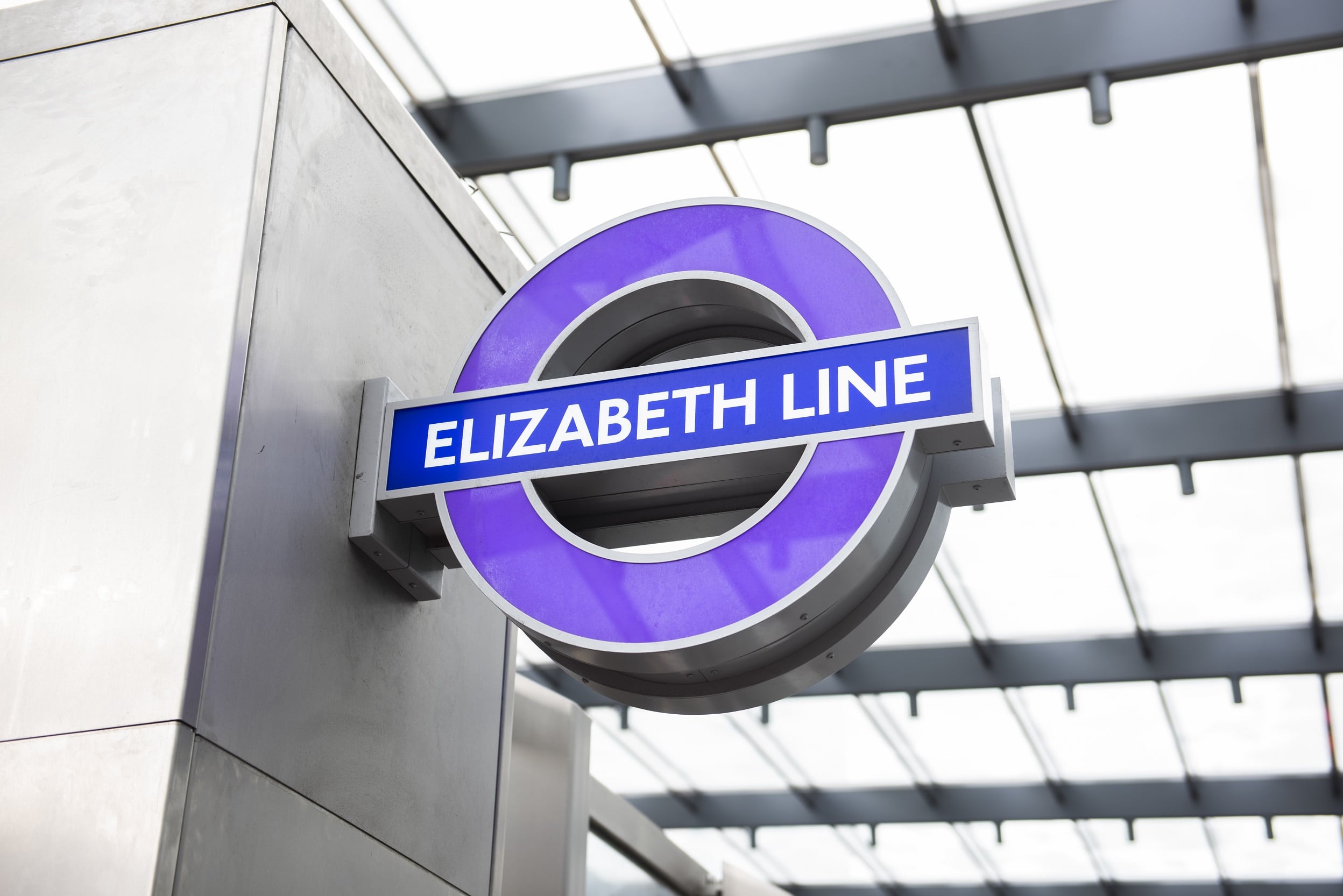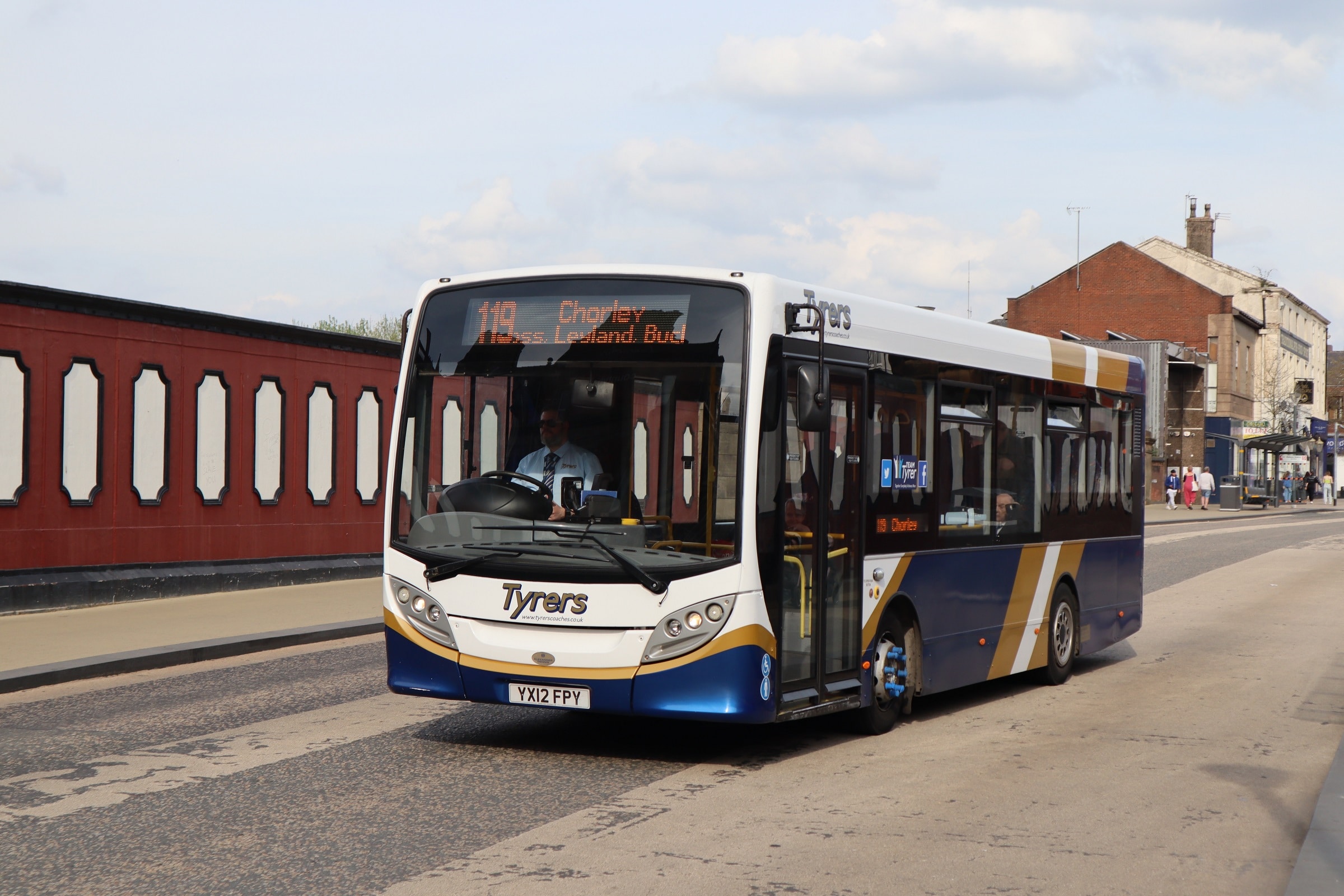The Transport Committee has started to take oral evidence on its inquiry into the National Bus Strategy (NBS) for England, with the first set of witnesses appearing before the Committee on 18 May.
I have a strong sense that failure by the Department for Transport (DfT) to deliver on the ambition of the Strategy is going to come in for some serious criticism. Certainly, the first set of witnesses were not short of comment in that respect, even if their criticisms were restrained in the dignified atmosphere of a parliamentary Committee hearing.
Could the bus funding landscape in England be even worse?
In many aspects, DfT is between a rock and a hard place. It is very keen to promote the bus, and it is good for the industry that we currently have a Prime Minister who is a bus enthusiast. As I have said before, the ambition in the NBS is impressive, and many have applauded the government for delivering the first ever such strategy (although I have expressed reservations as it effectively killed off the deregulated market).
One must question whether DfT would have produced a Bus Strategy if the incumbent in No. 10 was not such an enthusiast for buses.
It is a pity, therefore, that the government has failed to deliver the funding necessary to meet the ambitions of the NBS and, in turn, the level of ambition in the Bus Service Improvement Plans (BSIPs) that the Strategy clearly encouraged. I suspect the Transport Committee will have much to say on this!
And it is plain wrong that the government required all English local transport authorities (LTAs) to prepare BSIPs as a condition of funding without making clear from the outset that not every LTA would secure funding – at least from the first BSIPs – and that the BSIP process was effectively a bidding process with winners and losers.
Crafty behaviour by the Treasury on bus funding via NBS?
I think it is fair to say that the working assumption when the NBS was published was that the £3bn the government announced it was providing to support the bus industry in this parliament would be used primarily to fund BSIPs. But in fact, less than half has been. DfT only made this clear three months after BSIPs were submitted.
It would be easy, and probably correct, to blame the Treasury for failing to provide the level of funding that BSIPs required. When set against the vast, and spiralling, cost of HS2, the £7bn required to fund BSIPs is small change, and I have a hunch that, pound for pound, BSIPs would give far greater value and deliver far greater benefits many years sooner, and to a great many more people, than HS2 ever will.
The Treasury could simply have raided the HS2 budget to fund BSIPs in full. So large is that budget that HS2 probably would not even have noticed. It would simply have been lost in the rounding!

And when one looks at the grandeur of Elizabeth Line stations, you must ask: Was it necessary to design them to such a high standard?
Yes, the stations must be large to accommodate the train length, but did they have to be so ‘grand’ in style? It is interesting that all the commentary on the Elizabeth Line, now it is up and running, is about its design and scale and not its functionality.
No wonder new rail projects cost so much!
Bus pales into insignificance next to rail
When it comes to the railway, it seems that money is no object for shiny, new lines. But when it comes to the humble bus, all the industry gets is scraps from the Treasury’s table. Of course, railways are incredibly expensive and complex to build, so perhaps making comparisons between funding railways and buses is pointless – even ridiculous.
But nevertheless, there is something perverse about the government’s willingness to throw an obscene amount of money at HS2 and an Integrated Rail Plan (possibly around £200bn in cash terms when completed), neither of which will be completed for decades, when for a ‘mere’ £7bn of funding, the entire bus ambitions of England outside London could all have been met and delivered within three to five years.
The business cases for both HS2 and the Elizabeth Line are marginal at best. A review of the then-Crossrail in 2003 by Sir Adrian Montague found that it could not confirm that the business case for the project was deliverable. Many believe that the business case for HS2 is seriously overstated.
Nobody seems to remember that a review of the UK’s long-term transport strategy by Sir Rod Eddington, commissioned by the Treasury and DfT back in 2006, concluded that the “economic returns from high-speed rail in the UK are unlikely to be as large as for investment in some alternative projects.”
Sir Rod concluded that “smaller project that unlock pinch points… are likely to offer the very highest returns… However, large projects with speculative benefits… are unlikely to generate attractive returns.”
Admittedly, the Eddington Review was 16 years ago and much has changed since then, but it was just three years after the Review was completed that the Labour government announced the plans for HS2.
Bus funding in England ‘leaves a sour taste in the mouth’
The government’s approach to funding buses, as reflected in the BSIP settlement, leaves a sour taste in the mouth. The industry was led to the top of the hill by the NBS and the welcome ambition that it set out. The outcome falls so far short that it is hard to find the words.
Did DfT not warn either the Treasury or No. 10 that there was a serious risk that the ambition of the Strategy could not be delivered without a serious increase in the amount of funding made available (but tiny in HS2 terms)?
It is hard not to conclude that the bus industry is treated harshly relative to the vast sums lavished on HS2. No amount of warm words from ministers about the government’s support for buses can change that reality.



























